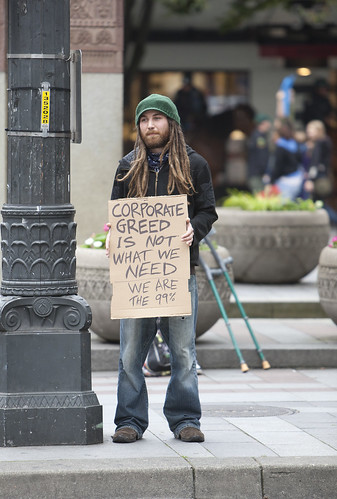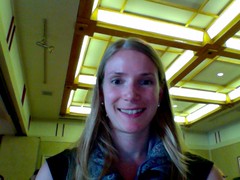
Guest post by Mary Manuel
Movement: “A collection of persons or groups who come together around a common concern. Typically their mission is to bring about some type of societal change relative to their concern.” They are characterized by the following elements: collective intentional action, continuity of sustained action, outsider status, scope and scale, and formation of collective identity. *
In her article Unstill Waters: The Fluid Role of Networks in Social Movements, Robin Katcher describes the several of the roles that networks can play in social movements:
- Building linkages and connection with a broader movement
- Deepen agreement on a shared political frame
- Coordinate efforts, take joint action, and disseminate information about what works.
- Engage in advocacy campaigns.
- Marshall and increase resources and capacity
- Cultivate new leaders and build their identity as part of the movement.
- Identify and fill gaps in the movement’s capacity to win **
Given this context, what are ways that funders can support effective networks in movement building, what roles can we play, and how can we continue to learn from each other and from the networks we are investing in?
I had the opportunity to facilitate 3 world café sessions on this topic this morning at the GEO: Growing Social Impact in a Networked World funder conference. I was able to hear questions, reflection, and dialogue representing a rich diversity of thought and perspectives on this topic of movements and networks, especially in light of what is happening globally with the Arab Spring and nationally with Occupy Wall Street.
Key Takeaways:
The world is shifting to a networked place. How do we encourage our colleagues and our grantees to think about and deepen the network focus they may already have, but have not been discussing intentionally?
How do traditional non-profit organizations link up to movements that are sparked by a moment in time and the conditions preceding it? How can networks facilitate that?
How do networks evolve into movements? Things are emerging in different places, mirroring what is happening elsewhere. How do we help to harness this potential?
And more practically, what is an appropriate role that we as funders should be taking? Philosophically and tactically? What if a funder is also an activist deeply connected to the movement work? How do issues of power, privilege, and equity factor in?
You may have noticed that my key takeaways are in the form of more questions. I am struck by how much this work is still evolving and am glad there is a community of learning to dig into these topics further. We are in an exciting moment and we can’t afford not to be asking these questions.
P.S. This is officially my second blog post ever. It’s getting a little easier (I think).
*“Building Organizations in a Movement Moment,” Beth Zemsky and Dave Mann
Social Policy: Organizing for Social and Economic Justice, vol.28, no.3, 2008.
**Unstill Waters: The Fluid Role of Networks in Social Movements
by Robin Katcher, Management Assistance Group Summer 2010 Nonprofit Quarterly

Mary Manuel is the Managing Director of the McKay Foundation, which funds progressive civic engagement infrastructure nationally and in the western states.

Leave a Reply